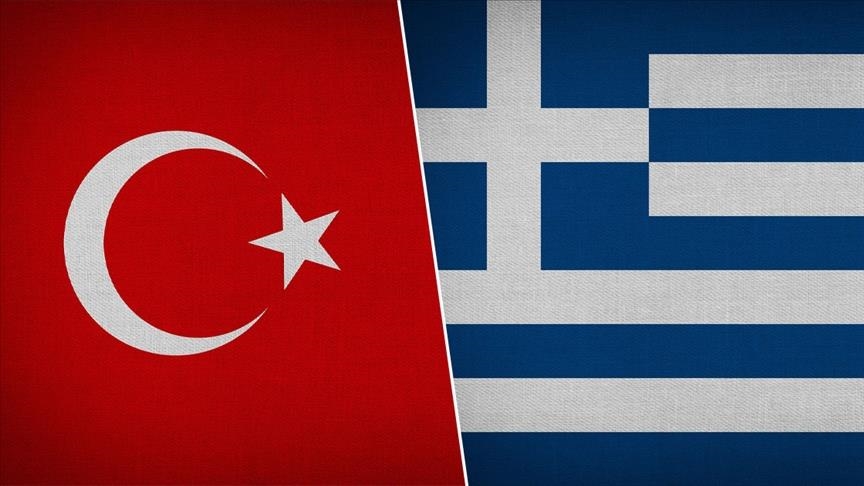ANKARA
The current escalation between Ankara and Athens is not exceptional considering their turbulent past, said a prominent Turkish scholar on modern Greek history.
Excluding the 1930s when both countries prioritized the threat from Mussolini’s fascist Italy and the 1950s when both Greece and Türkiye saw communism as the most profound menace, the relations between the two neighboring countries have been rocky, Esra Ozsuer told Anadolu.
Ozsuer, who is an assistant professor at Istanbul University, said the way Turks are perceived in Greek history plays an important role in shaping public opinion in Greece.
The otherness of Türkiye and Turks has been one of the main pillars of modern Greece, which gained its independence from the Ottoman Empire after eight years of rebellion, which was extensively supported by the West, she said.
Although Greeks enjoyed cultural and religious autonomy under the Ottomans and were able to take advantage of the vast Ottoman market, modern Greek historians held the empire responsible for Greece’s intellectual and material backwardness compared to Western Europe, Ozsuer further said.

For instance, Turks generally have been portrayed as “barbaric,” and “ fanatic,” who ruled over Greeks only with the threat of bloodshed, and networks of corruption and bribery, Ozsuer said.
This state of affairs, combined with deep-rooted problems between the two countries, including the Cyprus problem, the Aegean issue, and the rights and status of the Greek minority in Türkiye and of the Turkish minority in Greece, has complicated the path to finding a long-lasting solution, she said.
However, she said, by focusing on similarities between the two countries and promoting people-to-people contact and cultural exchange, relations could improve, albeit gradually.
In this context, Ozsuer said, clearing Greek history textbooks of anti-Turkish narratives and images would be a very important and positive step.

